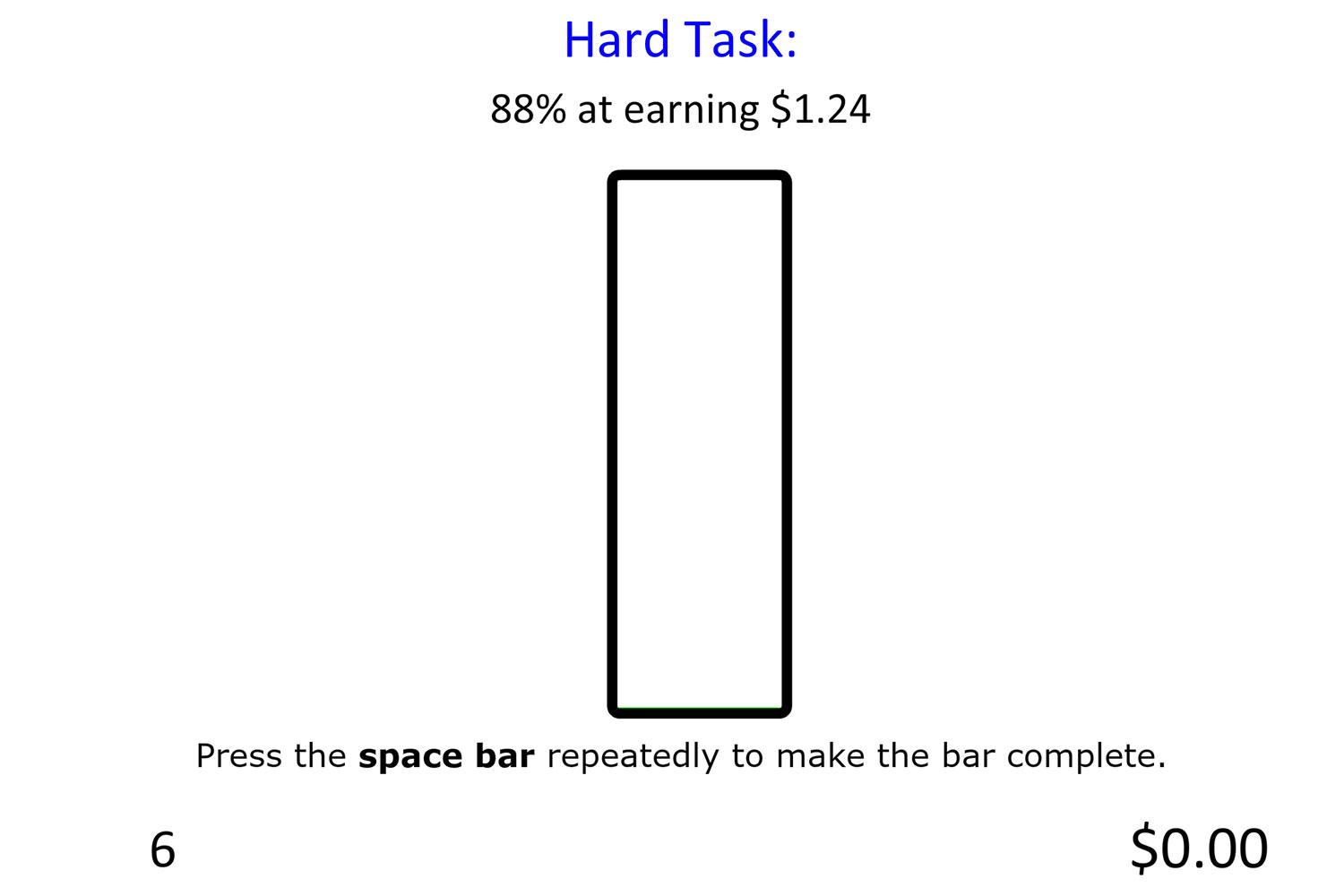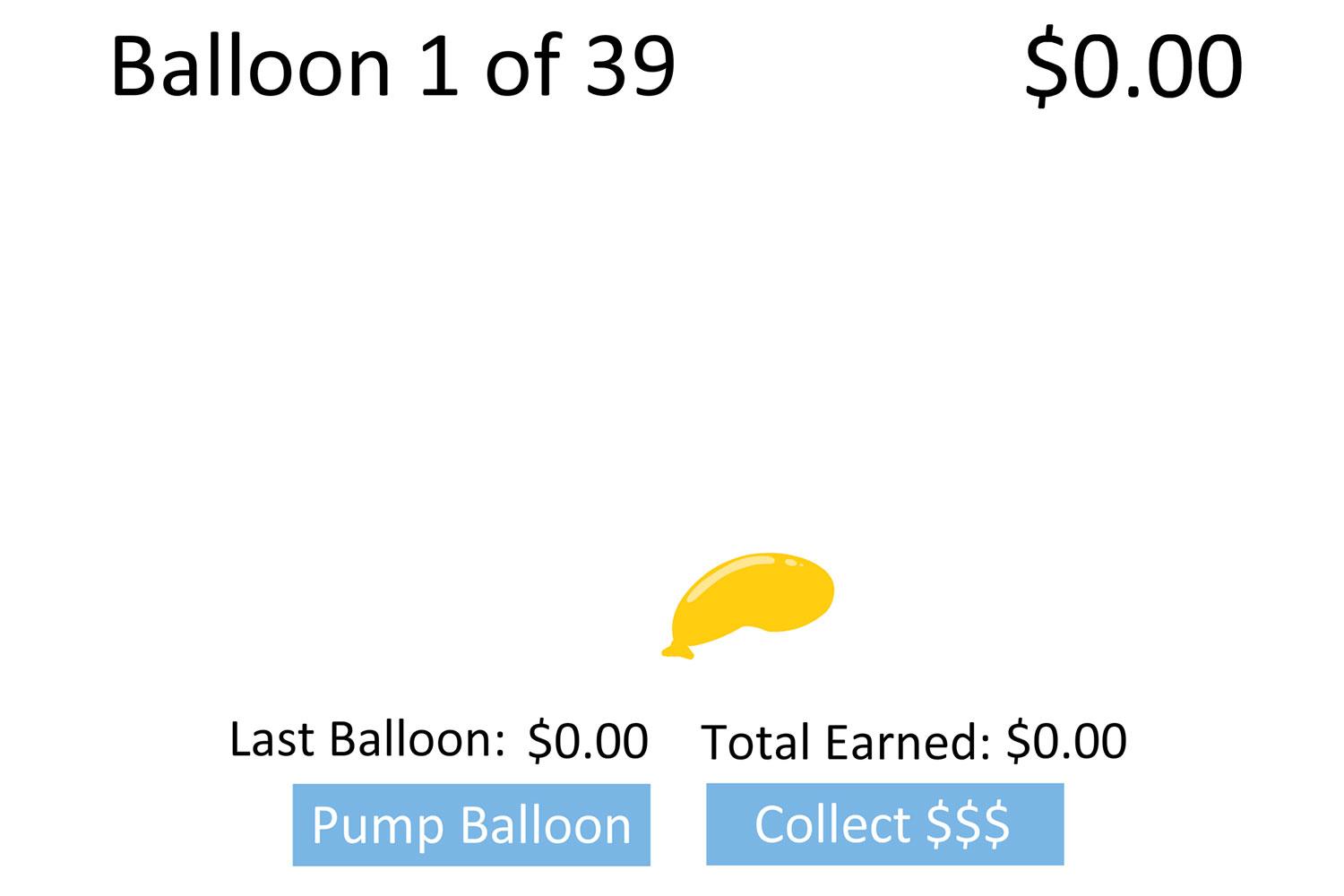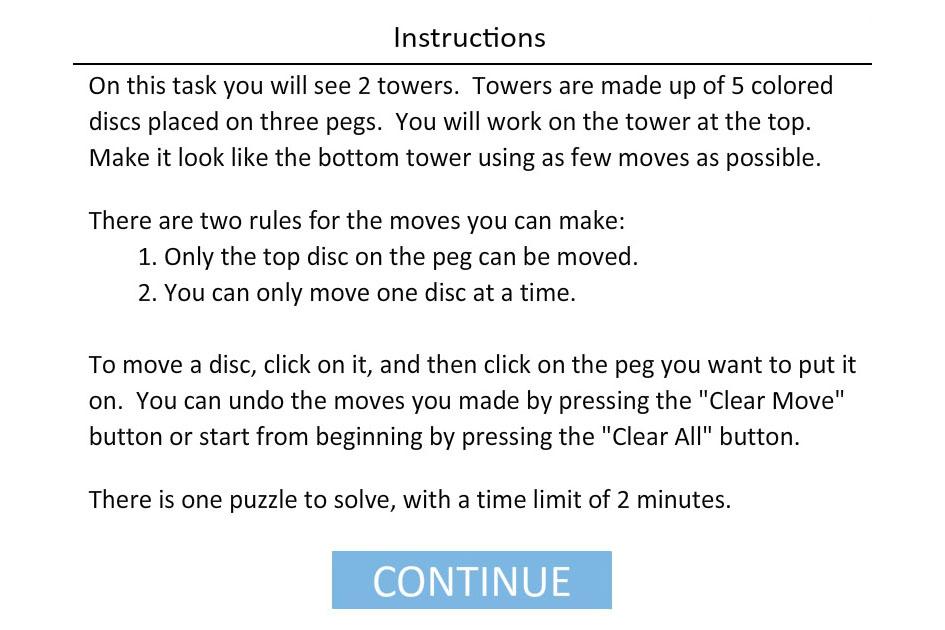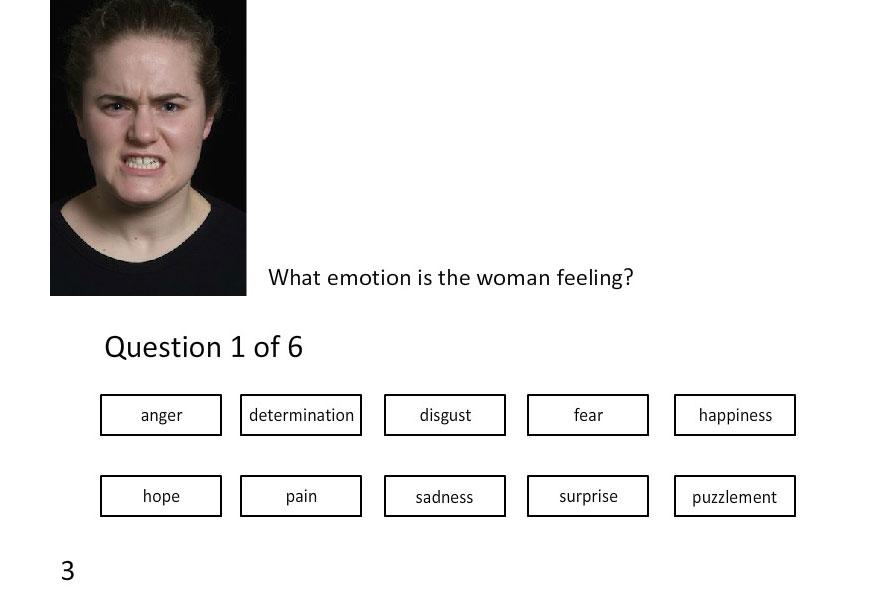
And then it will send your profile to potential employers looking for people like you.
As of today, Pymetrics has about 80,000 registered job candidates and a growing list of employers, which include Fidelity and search and talent strategy firm Egon Zehnder.
“Neuroscience has revolutionized our understanding of the brain,” the company’s website explains. “We apply this to helping people find their optimal career path, and help companies find ideal candidates.”
“If LinkedIn and Match.com could have a child, Pymetrics would be it.”
Pymetrics measures neither your IQ nor your knowledge of any subject matter, but rather assesses fifty key cognitive and emotional traits. Different professions require different personal qualities and that’s what their software evaluates, the company’s co-founder and CEO Frida Polli told Digital Trends.
That idea isn’t new—everyone knows that being an accountant requires different character traits than being a salesman. But Pymetrics’ games go beyond such common sense: They’re created based on decades of neuroscience research. Polli and co-founder/chief computer officer Julie Yoo combined their neuroscience and information technology expertise to identify game tasks that translate into character traits that interest recruiters.
After you play all the games, sophisticated data-science algorithms analyze your performance and create your cognitive and emotional profile—and your career profile as well. Pymetrics identifies what you are naturally best at, and matches it up with the career that requires it. The one you can fall in love with, in theory. If LinkedIn and Match.com could have a child, Pymetrics would be it.
Using technology to job-hunt by personal traits is only logical, says Polli. In an age when Amazon recommends your next unputdownable book and Netflix the next awesome movie, computer algorithms should suggest the next best candidate to a hiring manager and the next dream job to an applicant. The reason it’s not done on a larger scale, Polli says, is not because it’s too expensive or complicated, but because our career tools are outdated.
She cites the Myers-Briggs test—the personality indicator developed 75 years ago, which today is still used by employers to assess their employees’ behavioral characteristics—for example, introverts versus extroverts. To Polli, this is unacceptable. “Do you use a typewriter or any other 1940s technology in your life right now?” she asks rhetorically. “No. You shouldn’t be using anything that was developed so long ago.” And certainly not for something as important as your career.
Polli realized that job-hunting tools were outdated when she herself was trying to figure out her career options. As a student at Harvard Business School, and already with a Ph.D. in neuroscience and a few years of research down her belt, she was interested to see what professions she was best suited for. Yet, she couldn’t find any computer-based career-matching tools. “All they had was a questionnaire,” she recalls. “And I was, like, wow, this is so 20th century. This is not what we would do in a research lab to figure things out. Why are we doing it for career?”
Polli partnered up with Yoo, whom she had met a few years prior when they both worked as post-doctoral researchers at the Massachusetts Institute of Technology. They set off to remedy the problem.
“Do you use a typewriter or any other 1940s technology in your life right now?”
First, they developed a prototype, then they looked for investors. A friend put Polli in touch with Khosla Ventures, known to invest in science projects. Khosla Ventures was interested and in the fall of 2014, Pymetrics launched. It has been building a list of employers and job hunters since.
To demonstrate how games work, Polli runs one of them. The rules are simple: If a green circle pops up on the screen, clap your hands; if a red one appears, don’t clap. The circles appear randomly and quickly, and most people probably clap a few times when they shouldn’t. That game, Polli says, shows how attentive you are. If you clapped on all green circles and none of the red ones, you’re very attentive. If you clapped on some red circles, it means you’re a bit impulsive.
But impulsivity isn’t a bad trait, Polli explains—except when taken to the extreme. “People who are impulsive tend to be more efficient,” she says, “because you really want to move the ball forward, not to consider every single detail.” People with such characteristics make better entrepreneurs and salesmen, she explains. (Her own Pymetrics profile fits the theme, she says—she can be a bit impulsive, but very efficient.)
On the contrary, professions such as accountant and software developer require a great level of attention, so if you got all your claps right, you’ll probably make a good coder. In another game, you have to read faces—look at a photograph and tell what the person is feeling based on their facial expression. For some professions, such as human resources, the ability to read faces quickly and correctly is super important. For others, not so.
The best part about Pymetrics is that there’s no way to do poorly on the games. Unlike SAT, GMAT, LSAT, and other tests, Pymetrics assessment simply reveals what you are naturally good at. And hopefully gaming brings some excitement to the daunting job search process. As Polli’s 9-year old daughter says, “They’re so much fun!”








